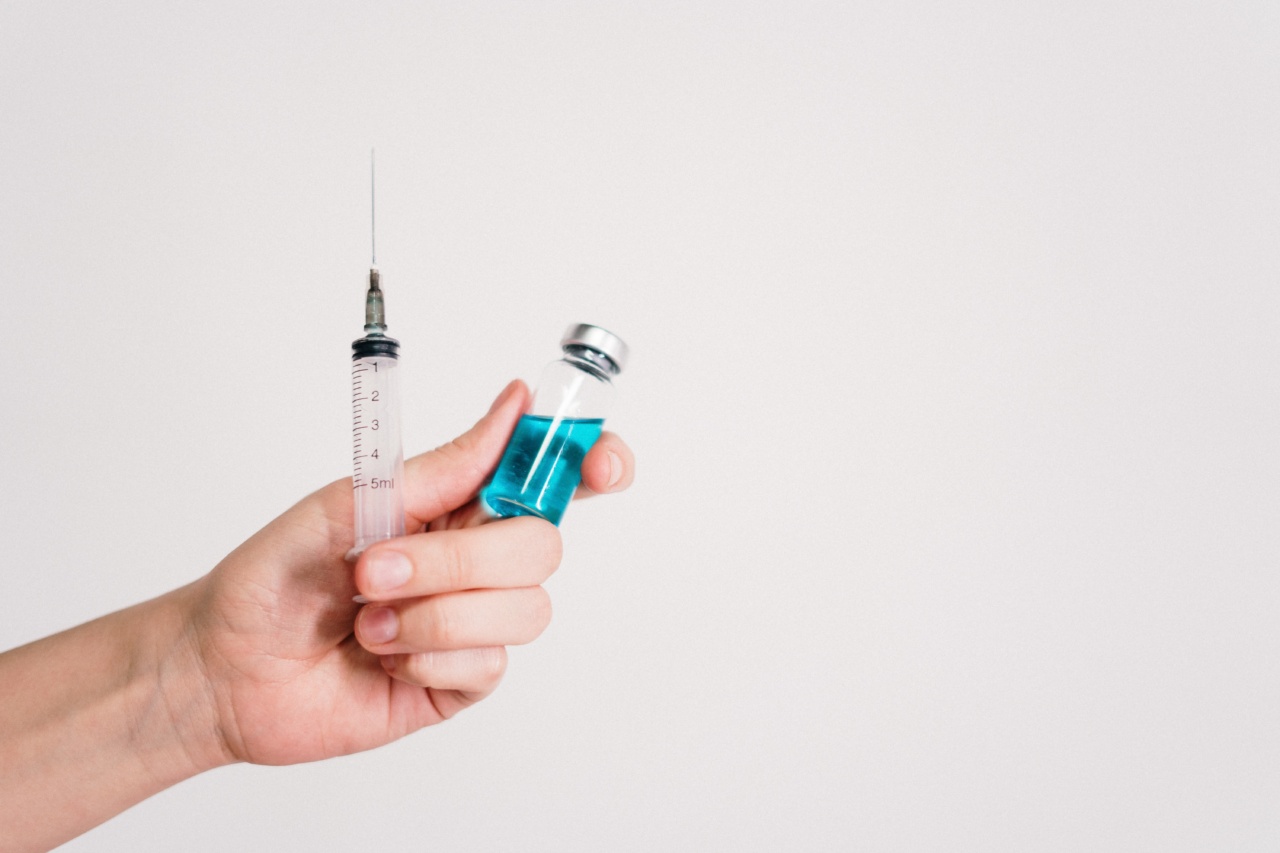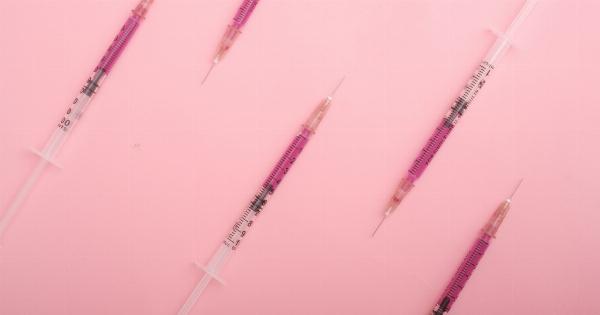Meningitis is an inflammation of the protective membranes surrounding the brain and spinal cord. It can be caused by various factors, including bacterial, viral, and fungal infections.
Meningitis can lead to severe health complications and even death if not diagnosed and treated promptly. While there are different types of meningitis, bacterial meningitis is particularly concerning due to its potential to cause long-term disabilities.
However, with the availability of vaccines, it is possible to prevent meningitis and the associated disabilities.
Understanding Meningitis and its Types
Meningitis is classified into different types, including bacterial, viral, fungal, and non-infectious meningitis. Here, we focus primarily on bacterial meningitis, as it is the most severe and prevalent form.
The Risks and Complications of Bacterial Meningitis
Bacterial meningitis is typically caused by bacteria, such as Neisseria meningitidis, Streptococcus pneumoniae, or Haemophilus influenzae. This type of meningitis can lead to several complications, including:.
- Brain damage
- Hearing loss
- Learning disabilities
- Seizures
- Intellectual impairment
- Gait disturbances
These complications can significantly impact an individual’s quality of life, impairing their ability to study, work, and engage in daily activities independently.
The Importance of Vaccination
Vaccination is the most effective method of preventing meningitis and its associated disabilities. Vaccines help stimulate the body’s immune system to produce specific antibodies against the pathogens that cause meningitis.
By doing so, they protect individuals from contracting the disease or reduce its severity if an infection occurs.
The Meningococcal Vaccine
The meningococcal vaccine is specifically designed to protect against meningococcal meningitis, a type of bacterial meningitis caused by Neisseria meningitidis. The vaccine is recommended for individuals at higher risk, such as:.
- Infants and children
- Adolescents and young adults
- College students living in dormitories
- People traveling to regions with high meningitis incidence
- Individuals with certain medical conditions, like a damaged spleen
- Individuals with a weak immune system
The Pneumococcal Vaccine
The pneumococcal vaccine targets Streptococcus pneumoniae, a bacteria responsible for causing both meningitis and pneumonia. This vaccine helps prevent pneumococcal meningitis and related disabilities. It is recommended for the following groups:.
- Infants and young children
- Adults over 65 years of age
- Individuals with specific medical conditions, such as diabetes or heart disease
The Haemophilus Influenzae Type B (Hib) Vaccine
The Hib vaccine protects against Haemophilus influenzae type b, a bacteria that can cause meningitis, pneumonia, and other serious conditions.
Recommended for infants and children, this vaccine has greatly reduced the number of Hib-related meningitis cases.
The Vaccination Schedule
It is important to adhere to the recommended vaccination schedule to ensure optimal protection against meningitis. The schedule may vary depending on the specific vaccine and individual factors.
Consulting with a healthcare professional is crucial for determining the appropriate timing and dosage for vaccinations.
Other Precautionary Measures
In addition to vaccination, there are other precautionary measures individuals should take to minimize the risk of meningitis:.
- Practice good hygiene, like regular handwashing
- Avoid close contact with infected individuals
- Follow respiratory hygiene, such as covering nose and mouth when coughing or sneezing
- Avoid sharing personal items like utensils or drinks
- Maintain a healthy lifestyle and a strong immune system
Conclusion
Meningitis, especially bacterial meningitis, can have severe consequences, including long-term disabilities. However, vaccination serves as a powerful tool in preventing meningitis and its associated disabilities.
By following the recommended vaccination schedule, individuals can protect themselves and others from this devastating disease. Additionally, practicing good hygiene and taking precautionary measures further reduces the risk of contracting meningitis. Together, we can work towards a future free from meningitis-related disabilities.




























